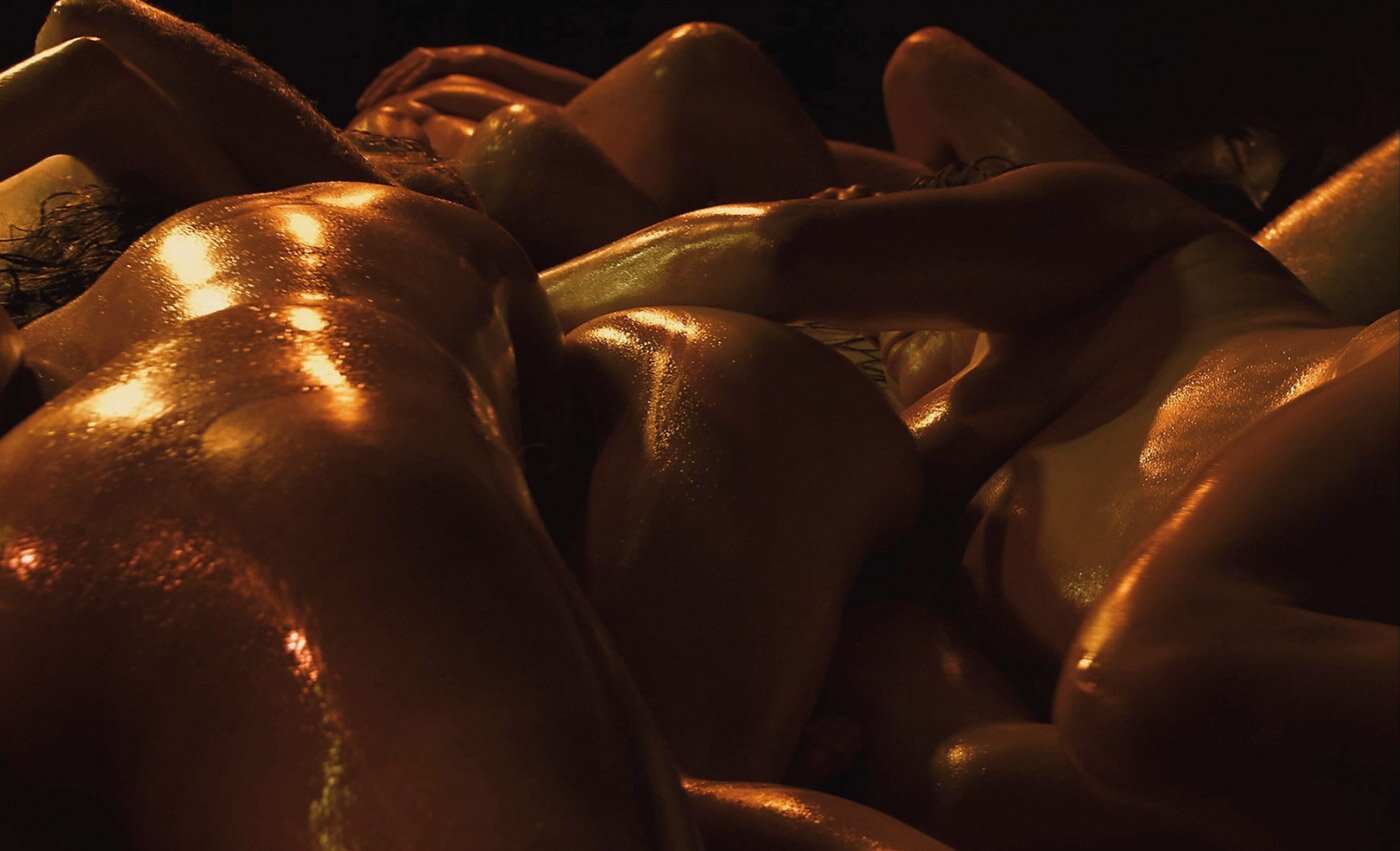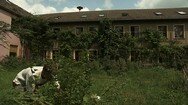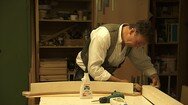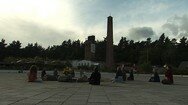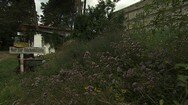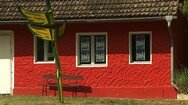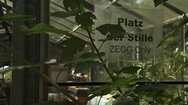ZEGG
ZEGG, the Center for Experimental Cultural Design, originated at the beginning of the 1990s with the concept of finding a form of coexistence in which love and sexuality could be openly addressed and lived.
Center for Experimental Cultural Design (Zentrum für Experimentelle Gesellschaftsgestaltung – ZEGG)
In no way does the stamp of "free love" that the rest of the world has given the alternative community in Bad Belzig, Brandenburg, do ZEGG justice. True, the project did begin with this concept in mind in 1991, and love and sexuality still play an important role there today, but the center also places importance on the personal development of each individual, ecology and politics. The goal of all 100 members is to grow with the community and to live in unity with humanity and nature. ZEGG is a pilot project for an ecologically and socially sustainable way of life.
Following the acquisition of the former training facilities of the intelligence agents of the GDR secret police, the members of ZEGG put a lot of work into the cultivation of the vegetation and the regeneration of the soil. Even today, when refurbishing the buildings they still place great value in sustainability. As far a possible, the community uses regional materials and does the work themselves.
Today, ZEGG has an organic wastewater treatment plant that filters the water for the entire community, CO2-neutral heating, vegetable and flower gardens, and self-planted fruit trees. The initial desire was to develop an autonomous, self-contained community – which proved to be impossible due to the climate of eastern Germany.
The community has created its own functional social structure: most of the members not only live within the community, but also work for the in-house seminar and festival business. ZEGG has since established itself well beyond the region as a location for events and seminars. In summer, for example, it holds an international summer camp where guests from around the world participate in lectures, art actions and evening dance events.
Sexuality, like ecology and sustainability, is still an important aspect of community life there. Social taboos are openly addressed and alternative love and life concepts are experimented with and explored. Therefore, one encounters monogamous, polygamous, heterosexual and homosexual partnerships at ZEGG. In short: everything is allowed, as long as the coexistence is based on honesty and transparency.
Become an online citizen